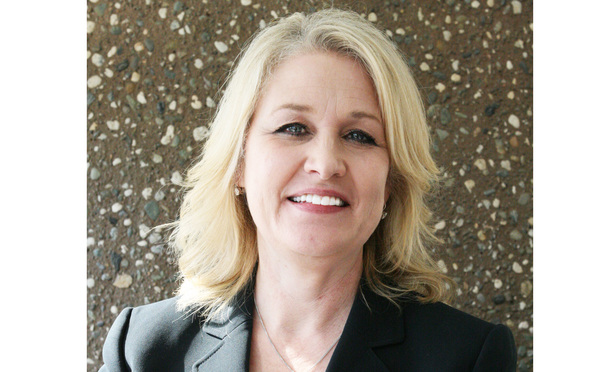Related: Legal Marijuana: Budding Industry, Burning Questions
Concern has been brewing about potential federal action against eight states and the District of Columbia, where recreational marijuana is legal, since Jeff Sessions, a legalization critic, became U.S. attorney general in February. Sessions has asked Congress not to renew an annual budget rider that bars the U.S. Department of Justice from spending money on prosecutions of state-legal medical marijuana businesses.
Legalization advocates are also wary of a report, expected to be released Thursday by a Sessions-appointed task force on crime reduction, that will include a review of “charging, sentencing, and marijuana policies.”
Hezekiah Allen, executive director of the 1,140-member California Growers Association, told the press club gathering that the federal government is “unbelievably out of touch” with public views on marijuana, especially medical use.
“The thing that’s different this time is that we’re on the state of California’s side,” Allen said. “So U.S. civil society and the state of California have a responsibility now to hold this line with us.”
California Attorney General Xavier Becerra said in June that Sessions, who’s taking a regular beating from Trump on Twitter, should “worry about his own problems” instead of targeting states where marijuana is legal.
California regulators are reviewing comments on draft medical regulations. Those draft rules ultimately will be rescinded in light of marijuana legislation enacted by the governor and lawmakers. But Ajax said those comments will be used in rewriting new rules that will take effect next year.
State regulators expect to issue numerous temporary licenses to growers, distributors and sellers to get the system up and running on Jan. 1.
One of the biggest challenges for the new system, speakers said Wednesday, may be trying to regulate what has been an illicit industry that serves an enormous national and international market. The Cole memo prioritizes prosecution of out-of-state marijuana transportation.
“California is not just really good at growing the best cannabis in the world for Californians,” Allen said. “We produce eight times as much cannabis as we’ll ever be able consume here in the state.”
While much has been made of a California “green rush,” Allen said, regulated growers under “a best-case scenario [are] all going to have to scale back” production.



